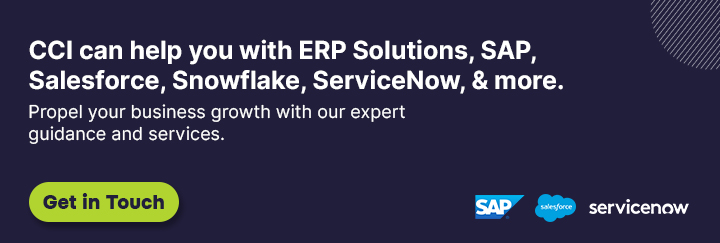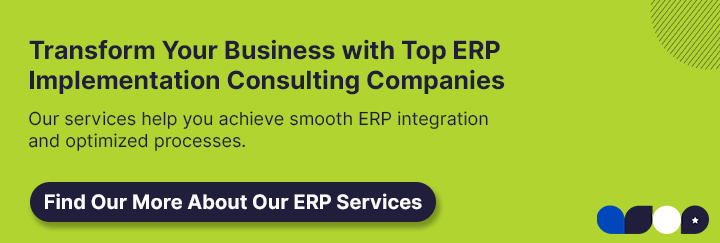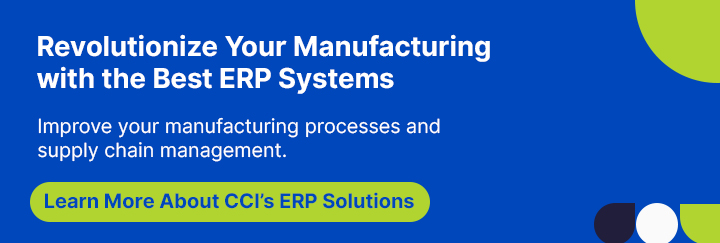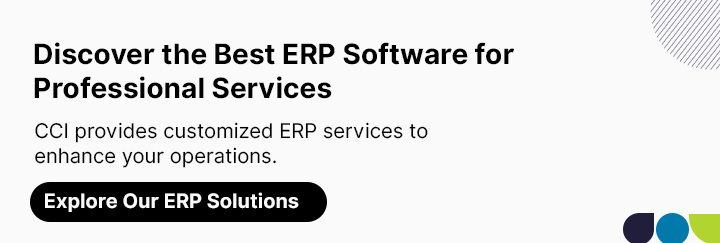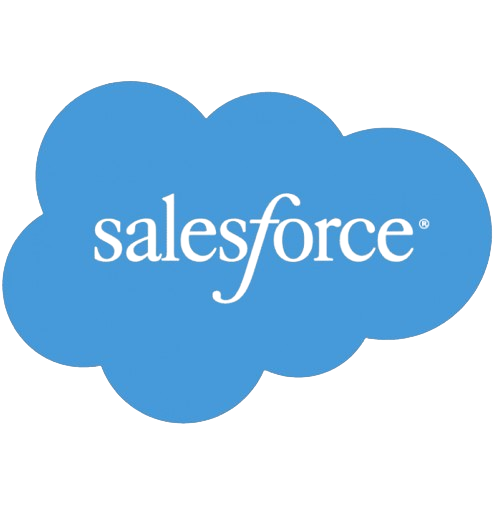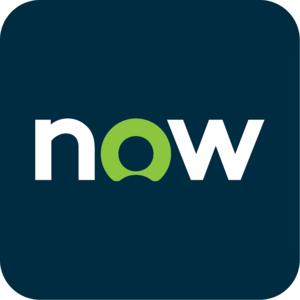Salesforce Workflow Automation: Automate 70% of your workflows and cost reduction by 50%
Updated on February 22, 2026
In the fast-paced business landscape of 2025, efficiency and cost optimization are critical for small and medium-sized businesses (SMBs) and enterprises to stay competitive. Salesforce Workflow Automation, powered by tools such as Salesforce Flow, Process Builder, and Einstein AI, enables organizations to automate up to 70% of repetitive workflows, reducing operational costs by up to 20-50%, according to Salesforce’s State of Sales Report.
By streamlining processes across sales, service, marketing, and operations, businesses can reduce manual effort, minimize errors, and focus on high-value tasks, such as customer engagement and strategy.
>> Related Post: 6 Best Practices for Data Management in Salesforce: A Comprehensive Guide
What is Salesforce Workflow Automation?
Salesforce Workflow Automation refers to the suite of tools within the Salesforce platform designed to automate repetitive business processes, eliminating manual tasks and enhancing efficiency. Core tools include Salesforce Flow, Process Builder (being phased out in favor of Flow), and Einstein AI, which leverage low-code interfaces, AI-driven insights, and integrations to streamline workflows. These tools automate tasks like lead routing, case escalation, email notifications, and data updates, enabling seamless operations across Sales Cloud, Service Cloud, Marketing Cloud, and more.
>> Related Post: Salesforce Agentforce Pricing: Implementation Cost & Pricing Details [2025]
Key Features of Salesforce Workflow Automation
Salesforce Workflow Automation offers a robust set of features to streamline processes and drive efficiency. Below are the core capabilities:
1. Salesforce Flow
- Description: A low-code tool for creating complex, guided workflows with visual drag-and-drop interfaces, supporting both screen-guided and background automation.
- Application: Automates multi-step processes like lead qualification, approval workflows, or customer onboarding.
2. Einstein AI Integration
- Description: Embeds AI-driven automation, such as predictive lead scoring or next-best-action recommendations, into workflows using Einstein GPT and AI models.
- Application: Enhances decision-making by automating data-driven tasks like opportunity prioritization or case escalation.
3. Process Builder (Legacy)
- Description: A simpler automation tool for creating rules-based processes, gradually being replaced by Flow but still used in some organizations.
- Application: Triggers actions like email alerts or record updates based on predefined criteria.
4. Approval Processes
- Description: Automates multi-step approval workflows, such as discount approvals or contract reviews, with configurable rules.
- Application: Streamlines decision-making by routing requests to the right stakeholders.
5. Integration with External Systems
- Description: Uses MuleSoft or Salesforce Connect to sync workflows with ERP, marketing, or third-party systems like SAP or Shopify.
- Application: Creates end-to-end automation across platforms, ensuring data consistency.
6. Scheduled and Event-Based Triggers
- Description: Executes workflows based on time schedules or real-time events, such as data changes or customer actions.
- Application: Automates recurring tasks like weekly reports or event-driven notifications.
>> Related Post: Salesforce Sales Cloud Einstein AI: Features, Benefits & Pricing
Strategies to Maximize Automation and Reduce Cost
To achieve robust automation and cost savings, businesses can adopt these strategies:
1. Map and Prioritize Workflows: Identify repetitive tasks like data updates or approvals for automation, focusing on high-impact processes.
2. Leverage Low-Code Tools: Use Salesforce Flow and Recommendation Builder to create automations without coding, simplifying development.
3. Integrate AI with Einstein: Apply Einstein AI for predictive automation, such as prioritization or recommendations, to enhance efficiency.
4. Streamline Integrations: Connect Salesforce with external systems via MuleSoft to automate end-to-end processes, reducing manual data handling.
5. Train Teams: Provide training through Salesforce Trailhead to ensure user adoption, maximizing automation effectiveness.
6. Monitor and Optimize: Use Salesforce reporting tools to track automation performance, refining workflows to sustain efficiency and cost benefits.
>> Related Post: Salesforce Service Cloud Einstein AI: Features, Benefits & Pricing
Conclusion
Salesforce Workflow Automation, powered by Salesforce Flow, Einstein AI, and integration tools, enables businesses to automate up to 70% of repetitive workflows and reduce operational costs by 50%. From lead management to customer onboarding, its features streamline processes across sales, service, and marketing, delivering productivity gains, improved accuracy, and enhanced customer experiences. By adopting strategic approaches like low-code tools and AI integration, businesses can achieve rapid ROI and scalability.
Partnering with Cloud Consulting Inc. ensures tailored implementation, leveraging CCI’s expertise and Integrow to maximize automation benefits.
FAQs
1. What percentage of Salesforce workflows can be automated?
Up to 70% of repetitive tasks, such as lead routing and data updates, can be automated using Salesforce Flow and Einstein AI.
2. How does automation reduce costs by 50%?
By minimizing manual labor, errors, and inefficiencies, automation cuts operational costs.
3. Is Salesforce Workflow Automation suitable for SMBs?
Yes, low-code tools like Flow, combined with affordable licensing, make it accessible, and CCI offers tailored solutions for SMB budgets.
4. What is the implementation timeline for automation?
Basic automations deploy in weeks, with complex workflows taking 2-4 months.
5. How does CCI ensure the successful adoption of automation?
CCI provides workflow audits, customized training, and ongoing support to maximize the effectiveness of automation and user adoption.
